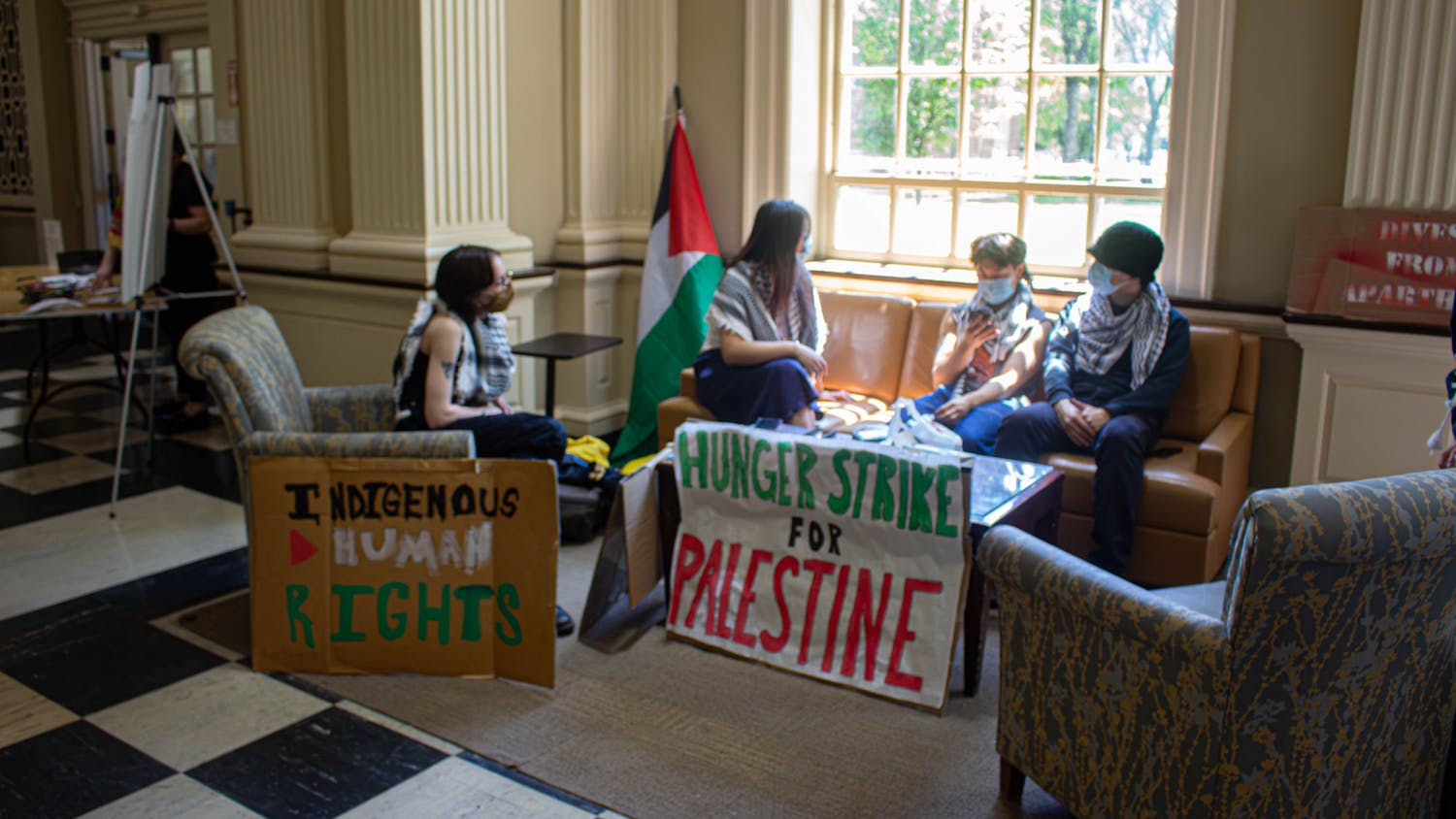Within miles of the affluent town of Hanover, many Upper Valley residents struggle in poverty to find affordable housing. The housing crisis, one effect of a growing poverty rate across the country, may be a problem that Dartmouth students can help solve.
At least that is the hope of Project Opportunity, a nonpartisan program created by former Democratic senator and vice-presidential candidate John Edwards to mobilize student action in the fight against poverty.
Edwards worked closely with college students across the country to set up chapters of Project Opportunity at 10 schools, including Dartmouth, Yale University and the University of North Carolina at Chapel Hill.
Edwards will speak at Dartmouth on Oct. 21 to launch and publicize the project in the Upper Valley.
Project leaders Sophie Ryan '06 and Elise Braunschweig '08 helped focus Project Opportunity's Dartmouth chapter on the lack of affordable housing in the local area.
"It's amazing how many people in the Upper Valley don't have a place to live or who have to commute long distances to work," Ryan said.
The project will give students the chance to take the Project Opportunity pledge, whereby they promise 20 hours of community service each term. Project Opportunity student leaders will help maintain a website intended to simplify volunteering for students.
"It'll just be easy to say, 'There's a bus leaving at 12, show up if you want to help,'" volunteer Meeka Droese '08 said.
Volunteers from Project Opportunity will work with other groups on campus in the next several weeks to raise awareness and money for Edwards' speech.
Edwards packed the Top of the Hop when he last spoke at Dartmouth in 2003.
Among the groups supporting Project Opportunity is Habitat for Humanity, which already has experience dealing with lower-class housing issues.
"In the Upper Valley, the low unemployment rate creates few vacancies for people working here, and that coupled with high land prices and restricted zoning laws, means you get a lot of people working here who have to live 30 to 40 minutes away and still pay 40 to 50 percent of their monthly income in housing costs," Habitat for Humanity volunteer Lane Verlenden '06 said.
Verlenden added that high housing costs affect all aspects of people's lives.
"Obviously these people aren't making a lot to begin with, so you end up with an ongoing cycle where they can't spend money on things like food and home repairs," he said.
Project Opportunity will focus on different aspect of poverty at its different college chapters. At UNC, where Edwards currently works as the director of the Center on Poverty, Work and Opportunity, students will work to organize tax preparation centers to help poor people apply for earned income tax credits.
Although many pundits suggest that Edwards, who focused his 2004 Democratic primary campaign on the gap between rich and poor in America, could be a presidential candidate in 2008, Project Opportunity volunteers have been careful to deny any political intent in Edwards' high-profile program.
"I really have tried not to speculate because I know that regardless of what his intentions are in 2008, he really believes in what he's doing for this and so do the students," UNC student volunteer Bruce Phelps said.
The Dartmouth College Republicans would be willing to forgive Edwards' political alignment to help Project Opportunity in its valuable mission, according to Matt Alexander '06, the organization's president.
"It certainly sounds like an intriguing prospect," Alexander said. "There's no political affiliation to fighting poverty."



